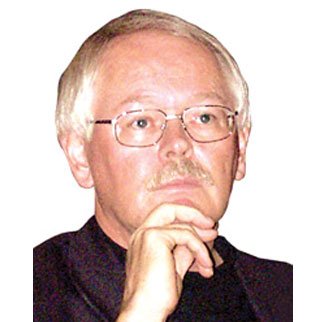
Fr. Ron Rolheiser
Ronald Rolheiser, a Roman Catholic priest and member of the Missionary Oblates of Mary Immaculate, is president of the Oblate School of Theology in San Antonio, Texas.
He is a community-builder, lecturer and writer. His books are popular throughout the English-speaking world and his weekly column is carried by more than seventy newspapers worldwide.
Fr. Rolheiser can be reached at his website, www.ronrolheiser.com.
All Christians share the bond of faith
The heart has its reasons, says philosopher Blaise Pascal, and sometimes those reasons have a long history.
Violence in God’s name is never justified
The 17th-century theologian and scientist Blaise Pascal once wrote: “Men never do evil so completely and cheerfully as when they do it from a religious conviction.”
Resurrection is a reality on every level
Believers and non-believers alike have been arguing about the Resurrection since the day Jesus rose.
Look deep to discover the good in Good Friday
Good Friday was bad long before it was good, at least from outward appearances.
Death can be our final gift to others
Fr. Ron Rolheiser will be a leader at the 2017 National Catholic Mission, addressing the theme “Our final gift,” based on Fr. Henri Nouwen’s thesis that death can be our final gift to others. Fr. Rolheiser addressed that concept in a 2001 column reprinted here with his blessing.
Searching for light within our shadow
What is meant when certain schools of psychology warn us about our “shadow”? What’s our shadow?
Nothing is ever really ours to keep
Everything is gift. That’s a principle that ultimately undergirds all spirituality, all morality and every commandment.
God’s sacred energy powers our lives
All things considered, I believe that I grew up with a relatively healthy concept of God.
There’s honest sin and dishonest sin
There’s an axiom which says: Nothing feels better than virtue.
We all lose when it’s only about winning
Our society tends to divide us into winners and losers. Sadly, we don’t often reflect on how this affects our relationships with each other, nor on what it means for us as Christians.

